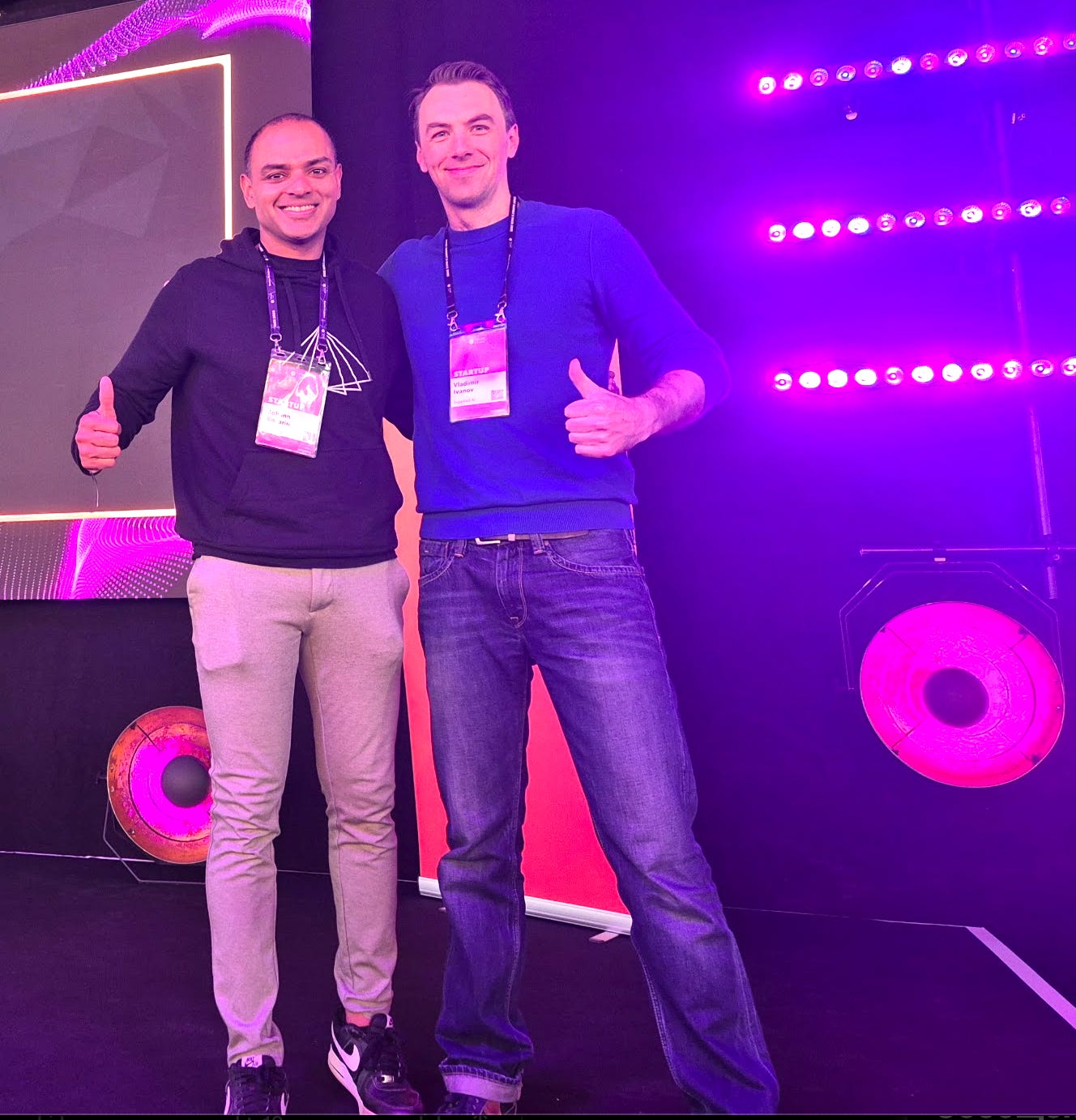My first 30 days as startup CTO
Three big takeaways from my first month of experience as a CTO and co-founder of GetSupplied.ai.
I officially started as CTO of getsupplied.ai on 11th of June. More than a month passed already, and here are my first learnings. Doing everything from engineering to legal paperwork, emotional pendulum swings and having fun in a crazy mixture of early days startup.
Learning 1: You do everything
CTO title assumes different things at the companies of different scale. It's completely different in mid-size company, in a large enterprise and indeed at a startup.
I am not completely sure what exactly is expected from myself, but I do almost EVERYTHING.
Engineering
First of all, of course, engineering. During my 3 years at Bolt I barely scratched couple of features. In a first week at Supplied I was coding until 2 AM because we had to show a new product to a client(which was a success). This is an amazing feeling of being alive, working on something critical. Indeed, using all sorts of AI tools helping you with implementation of trivial stuff, advising on approaches and filling the expertise gaps(like with terraform) helps tremendously in product development.
Hiring
Second what I do is hiring. Searching for talent, scheduling calls, interviewing candidates - all of that didn't come as new. However what really did come as novice - the paperwork. I definitely didn't appreciate enough the HR team and the amount of work they do. I had to prepare job descriptions, code of conduct, offers, figure out employee benefits, prepare work contracts and have them all signed and organized.
In a company older than 3 years there is almost certainly a hiring process in place. I was able to influence it previously, however I just followed the process all together. In a startup it does not exist at all - because a) there is no time yet b) there is no need yet. Key hires are crucial, but we don't need a process for that. Using my own network, bringing just a couple of stages and ensuring important people get to talk to the candidates, and we're good to go.
Software Development Processes
Once there are 2-3 engineers on the team, letting people work on random tasks and then commiting the changes and deploy them to staging leads to chaos. So I had to face all the usual questions: what do we work on first of all? How do we assure quality? How to get fast feedback on the changes? How to make sure we don't break prod accidentally?
This work is very similar to what an Engineering Manager does. Understand the value stream. Formulate Definition of Ready and Definition of Done. Formulate requirements. Split into User Stories. Build the task pipeline in the Issue Tracker(we're using Linear). Automate mundane tasks like status change(we use integration with Github - btw, let me know if you would like to know more about our tooling and processes). Run retros and find inefficiencies. Move fast.
Talking to Clients
And last, but not least, I talk to clients. We recently had conversations with at least a handful of companies interested in our product. And those companies want to know our capabilities - not only business ones, but technical too. For example, do we expose an API? Can we call their webhooks? How fast can we scale? How do we ensure the data security? My role here is to clarify the technical aspects.
Aside from answering questions is indeed to fulfil their need. Of course, we could just say, here's our platform - just try and see if it fits. But that's a game for everyone. Instead I need to step in and advise on the whole business process, where our solution will play it's role. It led me to profound realization of what we actually do.
We don't make software as a service. We solve compliance problems.
By the way, if you're running a digital marketplace and need help with onboarding, managing and reporting on behalf of your suppliers - request a demo or reach out to me personally - will be glad to know your needs.
Strategic Planning
Aside from software development and engineering processes, I need to solve bigger problems: how engineering should support the business in the first place? That means building a strategy, i.e. big bets which will lead us to success.
The first pillar of the strategy is hosting and compute strategy indeed. But there is nothing to decide yet: we are already fully serverless in the cloud and there are no business reasons so far to change it.
The second pillar is much more interesting: how do we adopt the GenAI in our solutions, as there are multiple points to apply it to. We are running a research right now to solve it; stay tuned for the updates.
The third pillar is security: as a compliance company we put tremendous effort into protecting the data of our customers. We are already ISO 27001 and GDPR certified; we need to obtain SOC2 certificate too. But certification is only a recognition of processes and tools; more importantly is the attitude and continuous effort to have a holistic security system in place.
Learning 2: Emotional pendulum
This is probably the most challenging part I experience. Previously you worked for a salary. You knew it was guaranteed to a certain extent. Your future career indeed relies on your effort, but ultimately the faith of the company was far from yourself.
Now I am in charge. It depends on myself(and my co-founder of course). B2B segment means big checks, but landing a client takes weeks. Every letter coming from a lead brings a huge dopamin spike, but then anxiety kicks in - what if we are not good enough?
At the same time, your engineering team delivers a major feature and you want to celebrate and think your team is the best and you're able to achieve anything. But then a relatively small improvement gets stuck for a week and you think how big of an idiot you are.
I also remember that my responsibility is to provide for my family - and I need to put maximum effort to not let them down - which is a pressure itself.
Another though constantly running is your responsibility for the people you hired. Their careers, their learnings, their experience with myself - my impact on my colleagues is stunning. I should do my best so that people can earn, can learn and live up to their aspirations.
Learning 3: it's fun
Yes, it is hard. Indeed, it is challenging. You need to know so much more. You're under constant pressure. You need to achieve so much. So many things dependent on can you pull it off or not. The emotions go up and down following everydays ups and downs.
But it's all forth it so far. Fast pacing, incredible learnings, doing something completely new and bearing bigger responsibilities - it's all great. I don't recommend this experience to everyone - because it's frankly scary. But I find it exciting. We will see how things unwrap with time. Make sure to subscribe to get more updates on our endeavour later!









Can relate to many of those things as an early scale up CPO ;) makes you value support systems like HR